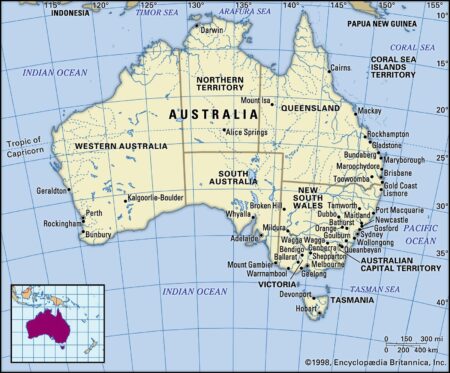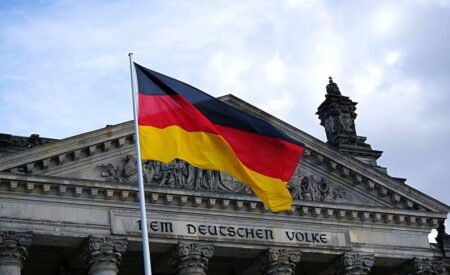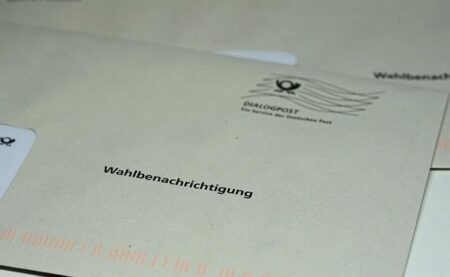Former Brazilian President Jair Bolsonaro has joined a growing list of ex-leaders facing legal challenges. Allegations against him include corruption and mishandling of public funds, raising concerns about accountability in Brazilian politics.
Browsing: democracy
Brazil’s former President Jair Bolsonaro is set to stand trial on charges related to his alleged role in attempts to overturn the 2022 election results. The trial marks a significant moment in Brazil’s political landscape as tensions continue to simmer.
A Brazilian Supreme Court panel has ordered former President Jair Bolsonaro to stand trial for his alleged role in a coup plot following the 2021 election. The decision intensifies scrutiny on Bolsonaro’s actions during and after his presidency.
In ongoing coalition talks, Germany’s Finance Minister Christian Lindner of the Free Democrats (FDP) seeks to bridge gaps between conservative leader Friedrich Merz and the Social Democratic Party (SPD). Key issues remain unresolved as negotiations progress.
Brazil’s top court is deliberating on whether former President Jair Bolsonaro will face trial for his alleged role in the January 8 attacks on government buildings. The decision could have significant political ramifications as the nation approaches elections.
As Australia prepares for its next federal election, the process of selecting a prime minister will revolve around voter sentiment, party leadership contests, and key issues like climate change and the economy, shaping the nation’s political landscape for years to come.
Germany’s new parliament is shaking things up with surprising developments. From an influx of youthful representatives to unprecedented coalition dynamics, discover the five wildest aspects shaping the future of German politics.
In response to Donald Trump’s persistent misinformation, Canada should prioritize strategic communications to counter false narratives. Elevating clear, factual messaging can help foster understanding and unity, moving beyond distractions like booing the anthem.
In a recent diplomatic meeting, leaders from Brazil and Japan emphasized the vital roles of democracy and free trade in fostering global stability and economic growth. They stressed cooperation in these areas as essential for mutual development and prosperity.
The Brazilian Supreme Court is deliberating on whether to formally prosecute former President Jair Bolsonaro for allegations related to a coup attempt. This decision could significantly impact Brazil’s political landscape amidst ongoing tensions.
Brazil’s top court is set to determine whether ex-President Jair Bolsonaro will face legal charges related to his actions during his presidency. The ruling could lead to significant political ramifications and reshape the future of Bolsonaro’s controversial legacy.
On the anniversary of Argentina’s coup, the Edwardsville Intelligencer presents a poignant photo collection capturing the historical impact and emotional legacy of this critical event. These images serve as a powerful reminder of the struggles for democracy and justice.
As Javier Milei prepares to govern Argentina, a critical challenge looms: addressing soaring inflation and economic instability. His unconventional policies may spark both hope and skepticism as the nation grapples with its financial future.
Supporters of former President Jair Bolsonaro gathered in Brazil, demanding amnesty for those involved in the January 8 riots. The rally reflects ongoing political tensions as protesters seek leniency for acts that challenged the nation’s democracy.
If Canada and Greenland were to become U.S. states, the electoral landscape would shift dramatically. With their combined populations, they could tilt votes in Congress, influence presidential elections, and reshape policies on immigration, healthcare, and climate change.
Tens of thousands of anti-government protesters gathered in Belgrade, demanding political change and accountability from their leaders. The massive turnout reflects growing public frustration over corruption and economic challenges facing the nation.
Canada is poised for a leadership change as a new prime minister will soon be appointed. Crucial issues such as climate policy, healthcare, and economic recovery dominate the political landscape. Stay informed on the potential implications for Canadians.
In a significant display of public discontent, thousands of protesters took to the streets across Argentina, voicing their frustrations over economic instability and rising inflation. Demonstrators called for government action to address pressing financial issues.
The House voted to censure Rep. Al Green for interrupting President Trump’s speech during a joint session of Congress. The action reflects ongoing tensions within Congress, highlighting divisions over decorum and partisan politics.
Former President Trump addressed Congress for his annual speech, drawing an audience of approximately 30 million viewers across various platforms. This figure reflects a significant interest in his policies and initiatives amidst ongoing political discourse.




















